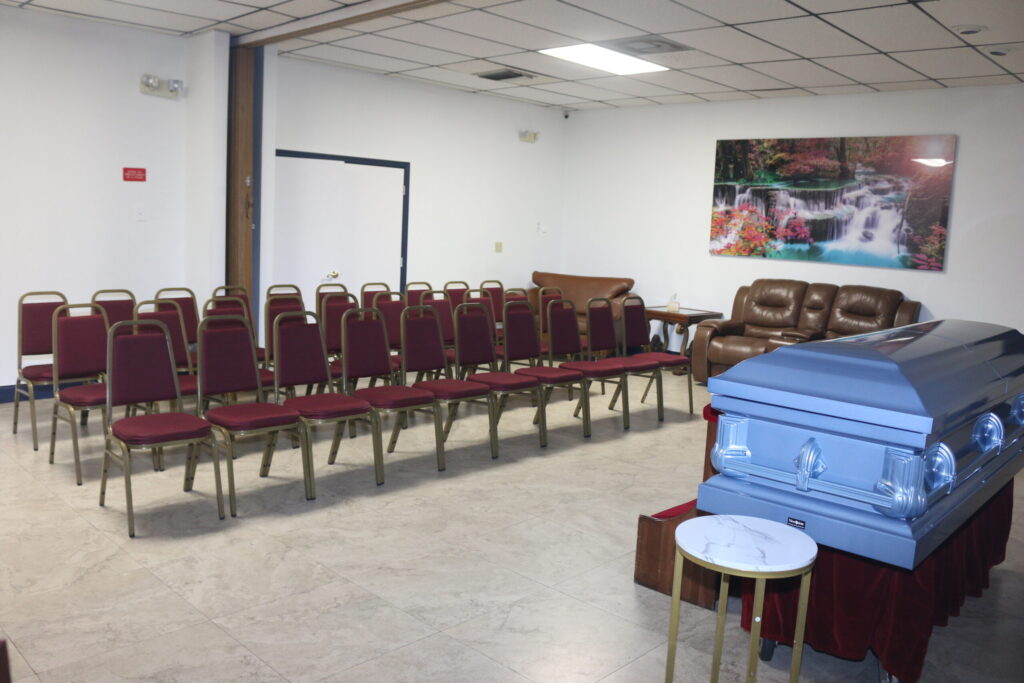
The Role of Culture in Miami Funerals: How Funeral Homes Miami Honor Traditions
Miami is one of the most culturally diverse cities in the United States. Known as a gateway to Latin America and the Caribbean, it is home to communities with deeply rooted traditions, values, and beliefs. When families face the loss of a loved one, these cultural elements often play a vital role in how they choose to say goodbye.
For many families searching for funeral homes Miami, it is not only about finding a service provider. It is about choosing a place that understands, respects, and honors cultural traditions. This article explores how funeral homes in Miami adapt to serve diverse communities, ensuring that every farewell reflects love, respect, and heritage.
Miami’s Cultural Diversity and Its Impact on Funerals
Miami’s population includes Cuban, Puerto Rican, Haitian, Colombian, Venezuelan, Dominican, and many other communities. Each culture carries unique customs for mourning, funerals, and remembrance. Funeral homes Miami must adapt to this diversity by offering flexible services that reflect these traditions.
Latin American Traditions in Miami Funerals
Cuban Families
For Cuban families, Catholic traditions often guide funeral services. Prayer vigils, rosaries, and large family gatherings are common. Funeral homes provide space for these rituals, often with bilingual staff to support families.
Puerto Rican Families
Puerto Rican funerals may include music, extended wakes, and a strong sense of community involvement. Funeral homes accommodate longer visitation hours and cultural expressions like traditional songs.
Colombian and Venezuelan Families
For Colombians and Venezuelans, wakes are moments of collective mourning and storytelling. Funeral homes in Miami support these families by creating warm, welcoming spaces for extended gatherings.
Caribbean Traditions in Miami Funerals
Haitian Families
Haitian funerals often include a mix of Catholic and Vodou traditions. Music, drumming, and prayers are essential. Funeral homes Miami that serve Haitian families respect these cultural elements while ensuring dignity.
Jamaican Families
Funerals in Jamaican culture often blend Christian practices with community celebrations of life. Singing, dancing, and vibrant gatherings are common. Funeral homes help families organize services that balance mourning with celebration.
How Funeral Homes Miami Adapt to Diverse Traditions
Bilingual and Multilingual Staff
To serve Miami’s multicultural families, funeral homes often employ staff fluent in Spanish, Creole, and other languages.
Flexible Service Options
Funeral homes allow families to personalize services with religious rituals, music, and cultural symbols.
Respect for Religious Practices
Catholic masses, evangelical services, Afro-Caribbean spiritual rituals, and secular memorials are all supported.
Cremation Services with Cultural Sensitivity
While cremation is becoming more common, some cultures prefer burial. Funeral homes Miami provide both options while respecting traditions. For example:
- Some families keep ashes in urns for cenizas at home.
- Others scatter ashes in the ocean, a meaningful act for Caribbean families.
- Certain communities request religious blessings before cremation.
Why Families Choose Funeral Homes Miami
Families often search for funeral homes Miami that:
- Respect cultural traditions
- Offer cremation services and burial options
- Provide transparent pricing
- Employ compassionate staff who understand grieving customs
FAQs about Funeral Homes Miami
- Do funeral homes Miami respect cultural traditions?
Yes, they adapt services to reflect the cultural and religious practices of each family. - Can funeral homes Miami provide bilingual staff?
Many offer Spanish- and Creole-speaking staff to assist families. - Are cremation services available in funeral homes Miami?
Yes, cremation services are widely available and tailored to cultural preferences. - How do funeral homes Miami support large families?
They offer extended visitation hours, spacious facilities, and customized services. - What cultural traditions are most common in Miami funerals?
Catholic, Christian, Afro-Caribbean, and Latin American practices are the most observed. - Why is cultural sensitivity important in funeral homes?
Because it ensures families feel respected and connected to their heritage during mourning.
Honoring Culture with Funeral Homes Miami
Choosing funeral homes Miami is not just about location—it is about trust, compassion, and cultural respect. With Miami’s rich blend of traditions, funeral homes play a vital role in helping families say goodbye in ways that honor their beliefs and heritage. By embracing diversity, funeral homes ensure every farewell is meaningful, dignified, and true to the loved one’s life.


